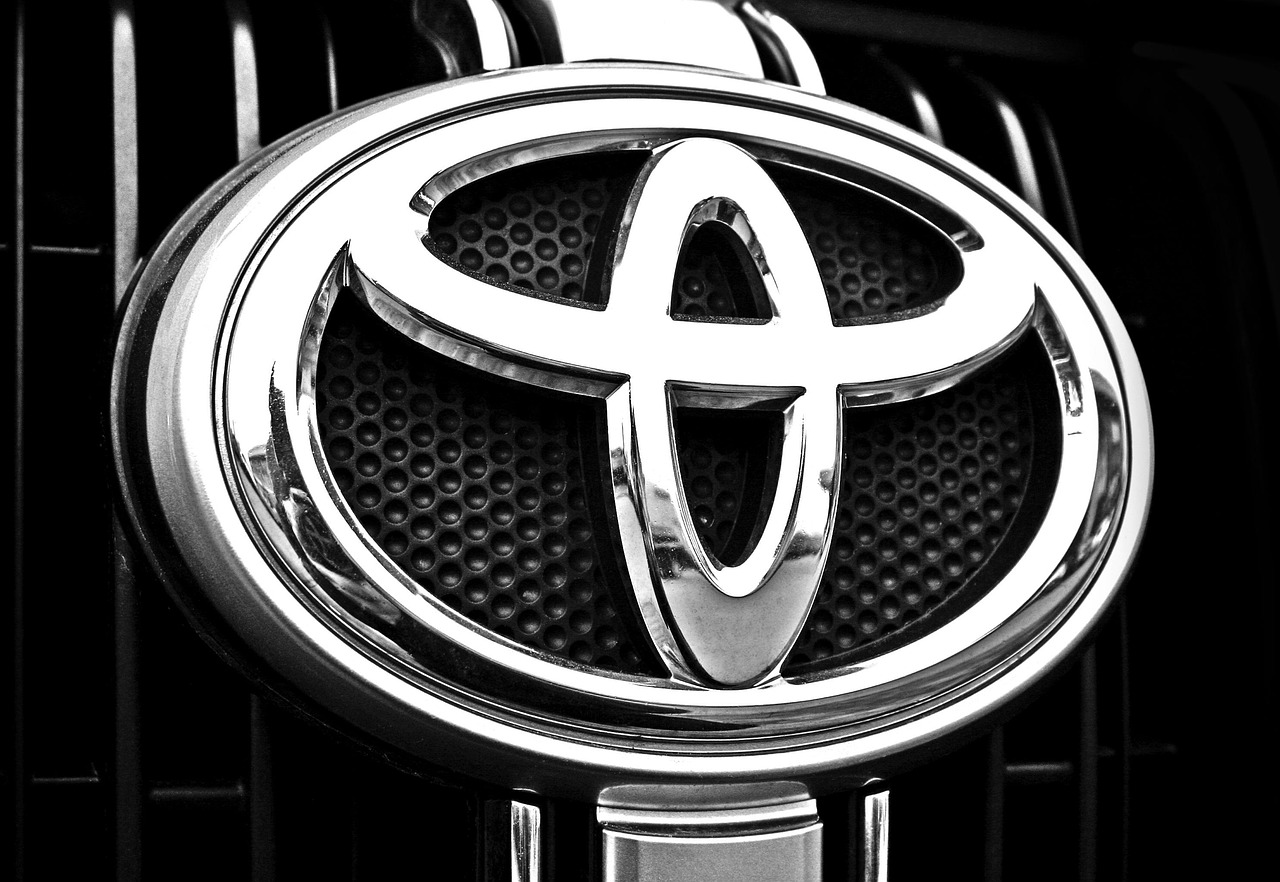The worldwide rise of electric cars is often described as a new industrial revolution and an easy, rapid solution for climate protection. But is this really the most viable route from all perspectives? Toyota’s latest report looks behind the hype and offers a more complex picture.
The study highlights that manufacturing electric cars requires significant amounts of natural gas, coal, water, and raw materials. Lithium and cobalt mining, indispensable for battery production, not only require enormous energy but also cause substantial environmental damage and social tensions in producing countries. These issues persist until a radically new battery technology breaks through globally.
Toyota emphasizes that full electrification carries not just environmental but also geopolitical threats. Battery and raw material supply chains are largely tied to China, so the mass deployment of electric vehicles would further increase Europe’s and America’s strategic dependence in an unstable world. At the same time, millions of jobs could be lost in the sector, as electric vehicles have fewer moving parts, their production is highly automated, and the supplier chains much shorter.
Another key lesson of the report is that the social benefits of the electric transition should not be overestimated. While cutting emissions is a huge achievement, there is less discussion about the associated economic and social costs. Toyota argues that a “hybrid middle ground” is most sustainable: combining conventional and alternative technologies, allowing step-by-step and flexible environmental progress, while reducing job losses and dependency on unstable foreign suppliers.
The company’s example speaks for itself – decades of experience, top global sales figures, and continuous tech development. Toyota’s message is clear: the future of the automotive industry is not an “either-or” question, but lies in the balanced application of coexisting, flexible, and diverse technologies.




